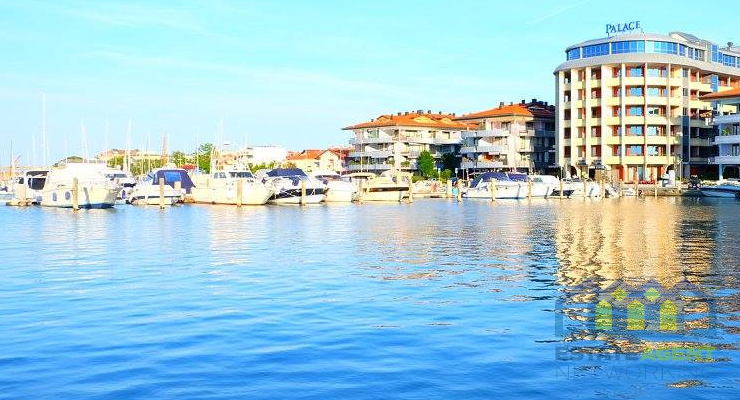Basic Guide for Moving to Malta
If you’re reading this article, you may have already made up your mind about moving to Malta. Not a bad idea, considering its thriving economy, beautiful scenery, and wonderful year-round sunny weather. You may have already looked up a Malta property for sale and decided on where exactly you’ll be residing. But relocation is more than just picking a country and a residence. Many things need to be dealt with, and ironing out these small details will help make the whole process less stressful.
Moving to a new country is always a tough ordeal, but here are a few quick tips on how to ensure your move to Malta will go as smoothly as possible.
1. Work with a relocation agency
Despite the additional cost, having professionals assist you on your move helps tremendously. They are aware of processes and rules that you would have had no access to if you hadn’t consulted them. If you’re moving with a family, some relocation companies help find schools and jobs. Having someone else take care of the other life essentials can help ease the burden of relocation.
They can also give you advice that might end up saving you money. For example, you might think it’s wiser to bring your things so that you don’t have to buy new furniture, but you may encounter customs taxes if you bring too many items to Malta, which could end up costing you more than you first thought. An agency would already be aware of these taxes and advise you on the best course of action.
2. Get the right documents
Anyone who intends to live in Malta for longer than three months needs to apply for a residence permit in the Department of Citizenship and Expatriate Affairs, better known as Identity Malta. In some cases, you’ll also need a permit to buy a residential property. Having the means to support yourself or carrying a stellar educational or employment background helps improve your chances of getting approved.
Other essentials like bank accounts and health insurance are easy to obtain once you have the right permits, proof of residence, and a job.
3. Research your country’s specific guidelines
Some rules and restrictions may be specific to citizens from your country, so research well and make sure you’ve got your bases covered. For example, if you are from the US and you plan to use your tourist visa to start off your application for Maltese citizenship, you are only allowed a 90-day stay and you must also present a return ticket.
Abandoning life in your home country to move to another is no easy feat, but if you go about the process patiently and thoroughly, it won’t be as stressful as you think. If you speak Italian or English, you’ll have no problem integrating with the locals. On top of the friendly citizens, Malta has a thriving community of migrants from all over the world, and they can give more fruitful advice on how to make your transition period easier.









